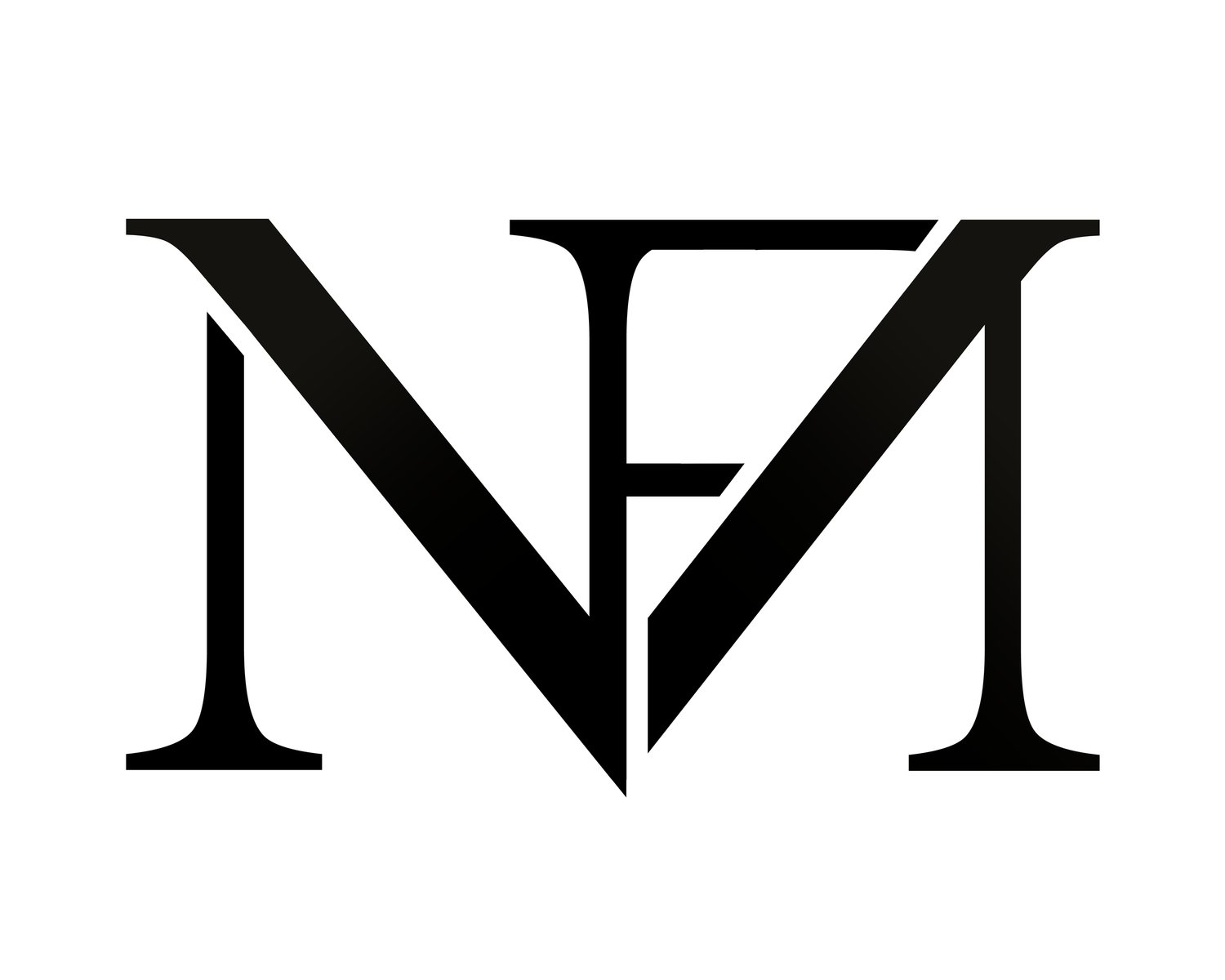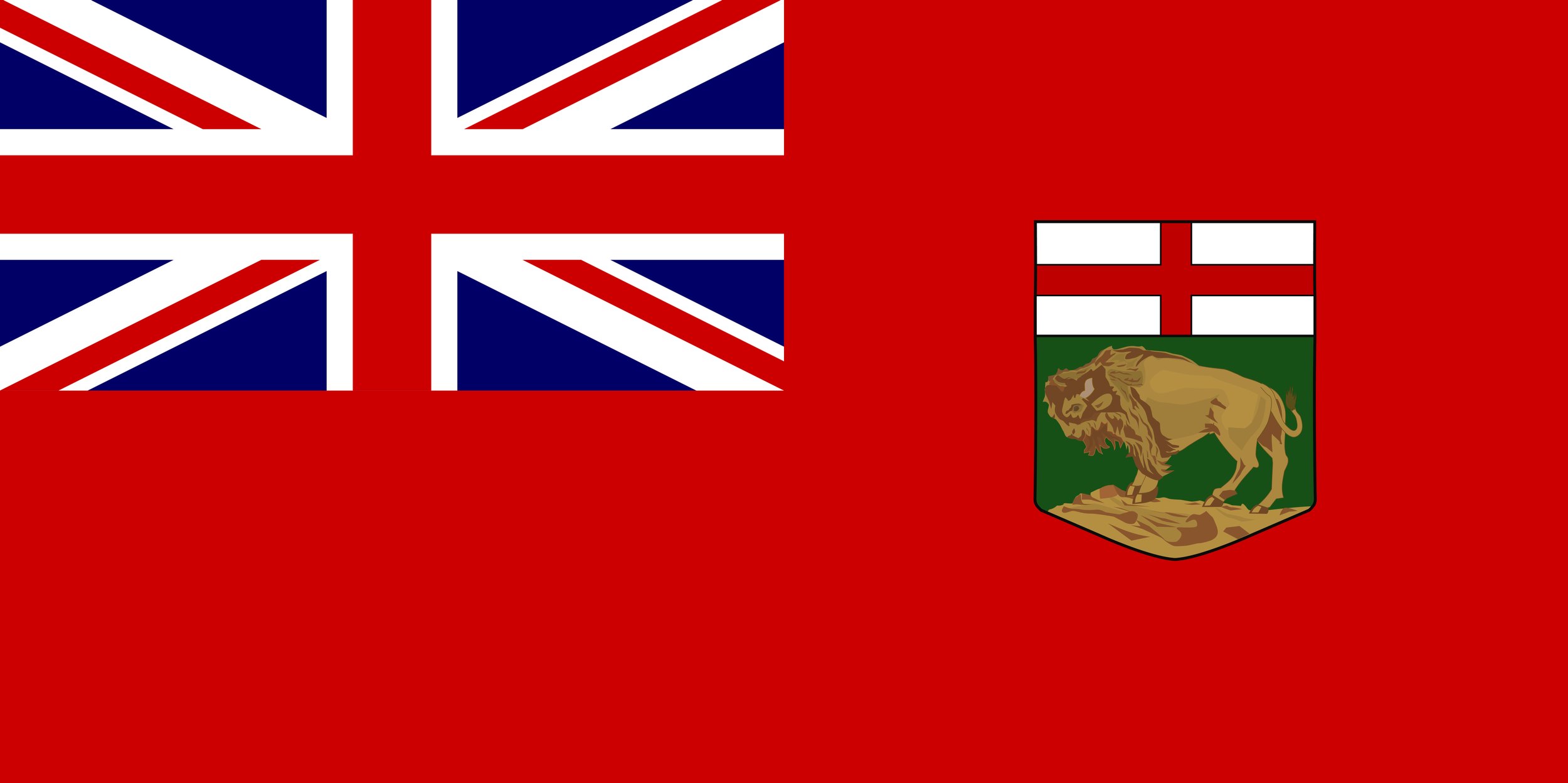
Express Entry
Express Entry processes permanent resident applications based on the following categories: Federal Skilled Work (FSW), Canadian Experience Class (CEC), Provincial Nominee Program (PNP), and Federal Skilled Trades Program (FSTP).
Federal Skilled Worker Program
To be eligible, you must:
in the same type of job as your primary NOC
within the last 10 years
paid work (volunteer work, unpaid internships don’t count)
at skill type 0, or skill levels A or B of the 2016 National Occupational Classification (NOC)
at least 1 year (1,560 hours total / 30 hours per week), continuous:
full-time at 1 job: 30 hours/week for 12 months = 1 year full time (1,560 hours)
equal amount in part-time: 15 hours/week for 24 months = 1 year full time (1,560 hours)
full-time at more than 1 job: 30 hours/week for 12 months at more than 1 job = 1 year full time (1,560 hours)
You must show that you did the duties set out in the occupational description in the NOC. This includes most of the main duties listed. If you can’t show that your work experience meets the description in the NOC, you aren’t eligible under this program.
Language ability. You must get a minimum score of Canadian Language Benchmark (CLB) 7 in all four abilities (writing, reading, listening, and speaking).
Education. If you went to school in Canada, you must have a certificate, diploma or degree from a Canadian: secondary (high school) or post-secondary school.
If you have foreign education, you must have an Educational Credential Assessment (ECA) from an approved agency showing that your foreign education is equal to a completed certificate, diploma or degree from a Canadian: secondary (high school) or post-secondary school
Selection factors. If you meet all the conditions set out in the minimum requirements, we’ll assess your application based on these selection factors:
age
education
work experience
whether you have a valid job offer
English and/or French language skills
adaptability (how well you’re likely to settle here)
These factors are part of a 100-point grid used to assess federal skilled workers. You earn points for how well you do in each of the six factors. Your total points will show if you qualify for the Express Entry pool. The current pass mark is 67 points.
Canadian Experience Class
To be eligible, you must:
at least 12 months of skilled work experience in Canada, in the last three years (before you apply). The work was:
full-time OR
an equal amount in part-time
gained your work experience in Canada with the proper authorization
planned to live outside the province of Quebec
Self-employment and work experience gained while you were a full-time student (such as on a co-op work term) does not count under this program.
Language ability. You must meet the required language levels needed for your job for each language ability: NOC 0 or A CLB 7/NOC B CLB 5.
Skilled work experience. To be eligible for the CEC, you need to have Canadian skilled work experience within three years of applying. Skilled work experience means:
Managerial jobs (NOC skill level 0)
Professional jobs (NOC skill type A)
Technical jobs and skilled trades (NOC skill type B)
Your experience must be at least
12 months of full-time work
30 hours/week for 12 months = 1 year full time (1,560 hours), OR
equal amount in part-time hours, such as:
15 hours/week for 24 months = 1 year full time (1,560 hours)
30 hours/week for 12 months at more than one job = 1 year full time (1,560 hours)
You must show that you did the duties set out in the occupational description in the NOC. This includes all the main duties listed. If you don’t show that your experience meets the description in the NOC, we will not accept your application.
Education. There is no education requirement for Canadian Experience Class. But you can earn points for your education under Express Entry, if:
you went to school in Canada, and have a certificate, diploma or degree from a Canadian: secondary (high school) or post-secondary school
you have foreign education, and you have an Educational Credential Assessment (ECA) report from an approved agency showing that your foreign education is equal to a completed certificate, diploma or degree from a Canadian: secondary (high school) or post-secondary school.
Federal Skilled Trades Program
To be eligible, you must:
plan to live outside the province of Quebec,
have at least two years of full-time work experience (or an equal amount of part-time work experience) in a skilled trade within the five years before you apply,
meet the job requirements for that skilled trade as set out in the National Occupational Classification (NOC), except for needing a certificate of qualification, and
have an offer of full-time employment for a total period of at least one year or a certificate of qualification in that skilled trade issued by a Canadian provincial or territorial authority.
Language ability. You must get the minimum language level of Canadian Language Benchmark (CLB) 5 for speaking and listening, and Canadian Language Benchmark (CLB) 4 for reading and writing, and take a language test approved by Citizenship and Immigration Canada (CIC) that shows you meet the level for speaking, listening, reading and writing.
Education. There is no education requirement for the Federal Skilled Trades Program. But, if you want to earn points for your education under Express Entry, you either need: a Canadian post-secondary certificate, diploma or degree or (1) a completed foreign credential, and (2) an Educational Credential Assessment (ECA) report from an agency approved by CIC.
Skilled work experience. Skilled Trades currently eligible for the Federal Skilled Trades Program are organized under these major and minor groups of the NOC:
Major Group 72, industrial, electrical and construction trades,
Major Group 73, maintenance and equipment operation trades,
Major Group 82, supervisors and technical jobs in natural resources, agriculture and related production,
Major Group 92, processing, manufacturing and utilities supervisors and central control operators,
Minor Group 632, chefs and cooks, and
Minor Group 633, butchers and bakers.
These major NOC groups are subdivided into different occupations. (All are NOC skill type B.) You must show that you did the duties set out in the lead statement of the occupational description in the NOC, including all the essential duties and most of the main duties listed.
PROVINCIAL NOMINEE PROGRAM
Each province and territory has different economic needs and thus offer different immigration categories or streams. Through Express Entry, provinces and territories can also find and nominate candidates in the Express Entry pool under their Provincial Nominee Program. These immigrants must have the skills, education and work experience to contribute to the economy of that province or territory, and must want to live there as well.
Determine your eligibility. Eligibility requirements for each province and territory may change without notice, so you must refer to their specific websites for the most up-to-date information:
PROOF OF SETTLEMENT FUNDS
You must show that you have enough money to settle in Canada to meet the minimum requirements of:
the Federal Skilled Worker Program or
the Federal Skilled Trades Program.
You do not need to show proof of funds to meet the program requirements of the Canadian Experience Class (this includes provincial nominees who are part of the CEC stream). Furthermore, you do not need proof of funds if you are currently authorized to work in Canada and have a valid job offer.
How much money you will need? The amount of money you need to support your family is set by the size of your family. To calculate the size of your family you must include:
yourself
your spouse or partner
your dependent children and
your spouse’s dependent children
This includes your spouse or dependent children who are permanent residents or Canadian citizens.
Evidence of Proof of Funds. Funds must be readily available to you. You may not use equity on real property as proof of settlement funds. As proof, you must get official letters from any banks or financial institutions where you are keeping money. A letter must:
be printed on the financial institution’s letterhead
include their contact information (address, telephone number and email address)
include your name
list outstanding debts such as credit card debts and loans
include, for each current bank and investment account:
account numbers
the date each account was opened
the current balance of each account
the average balance for the past six months













